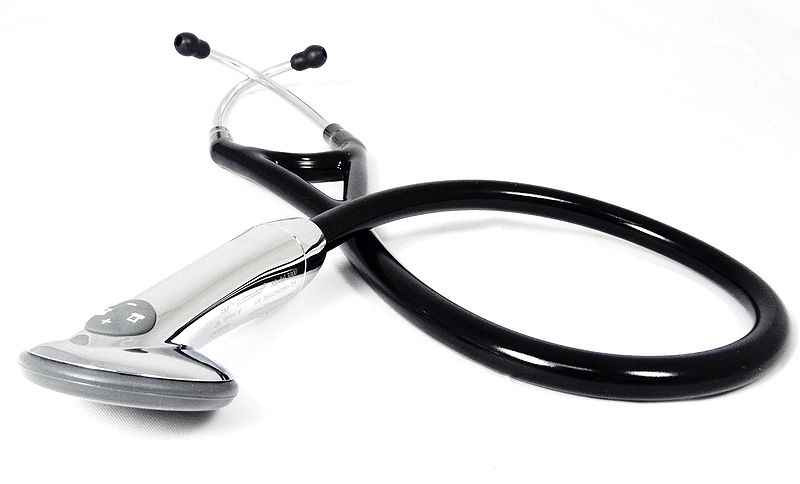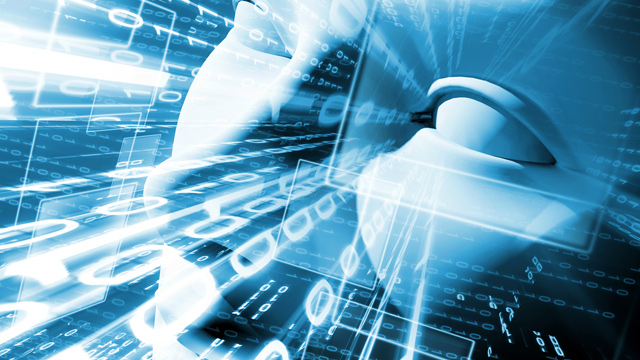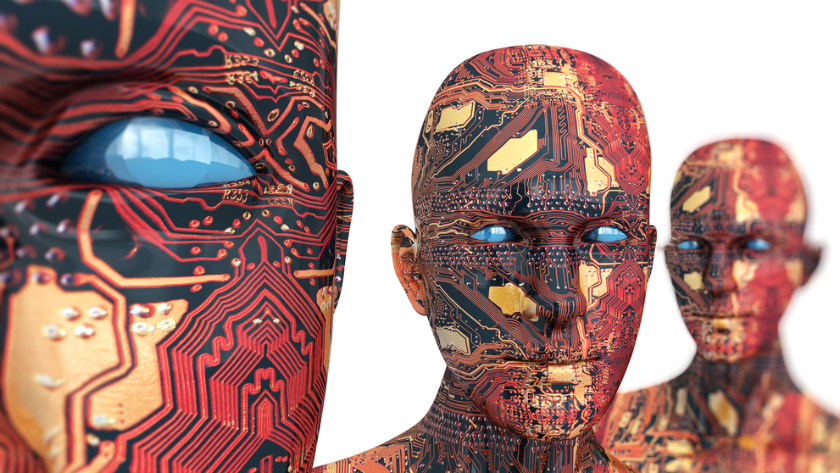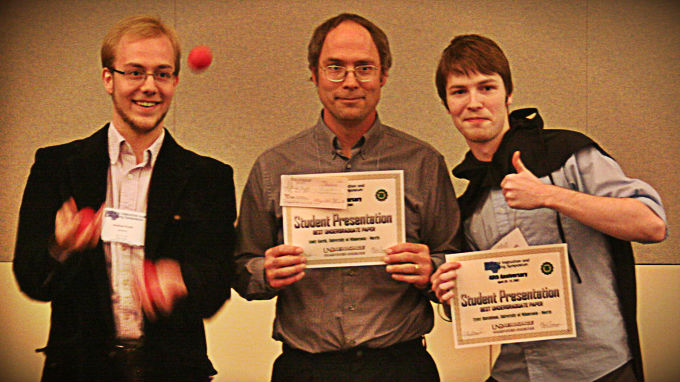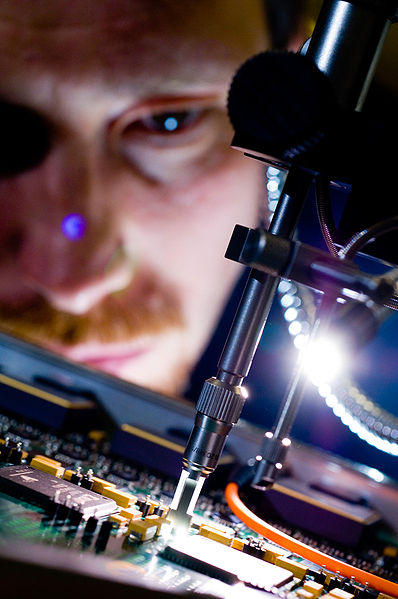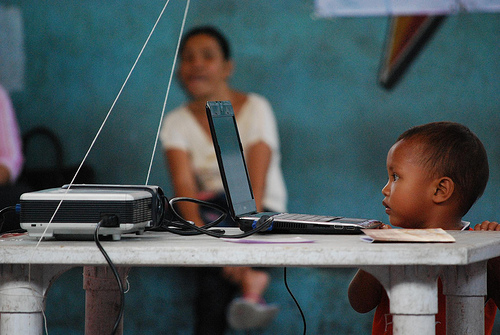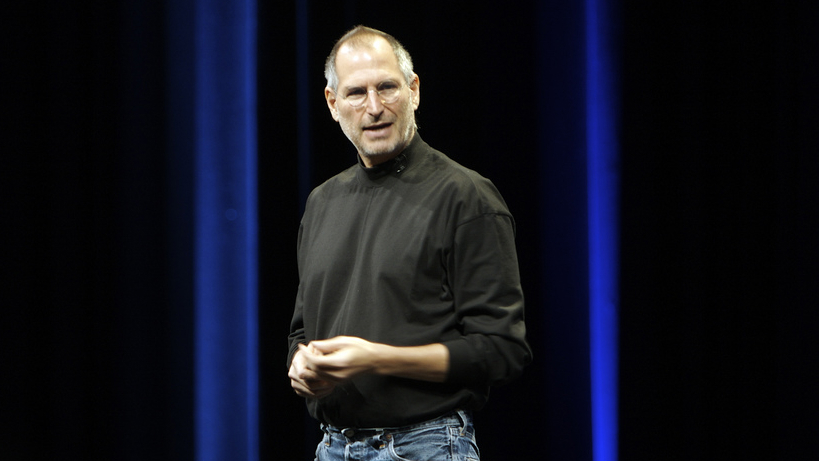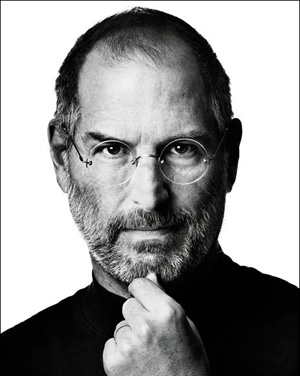If there’s one trend that’s poised to take off and enter the mainstream in 2012, it’s 3D printing. Sometimes referred to as additive manufacturing, 3D printing is the process of taking […]
Search Results
You searched for: Computers
A virtual nurse designed to deal with hospital overflow is a hit with patients. They report preferring the virtual nurse to a live doctor because they do not feel rushed or talked down to.
Bioethicist Paul Root Wolpe questions the basic premise of the Singularity concept, arguing that it “misunderstands the complex nature of biological and physical life.”
Ageing and death are not something human beings generally look forward to but biologists say that immortality could prove a disadvantage to the survival of our species.
Artificial Intelligence is coming to the iPhone. How will it change your life? The iPhone Assistant is the reborn Siri app, obeying voice commands but also adapting to your needs.
The Consumer Electronics Show is over and Mat Honan, senior reporter for Gizmodo.com, is depressed. He wrote a lyrical piece about the melancholia created by a three-day Bacchanalia of […]
From former iPod chief Tony Fadell comes a smart thermostat that adjusts the temperature in your home according to your lifestyle while saving substantial amounts of energy.
Software has enabled one utility company to cut power consumption by up to 50 percent by more intelligently managing the delivery of electricity to homes and businesses.
After controversy over its hiring of C.E.O.s from outside the company, Hewlett-Packard has hastily named Meg Whitman its newest chief executive. She joined the board eight months ago.
$6 million to fund an institution that would be capable to educate an infinite amount of students throughout the world sounds ambitious if not crazy. Nevertheless Shai Reshef, founder and […]
Steve Jobs, former chief executive officer and co-founder of Apple Computer and of Pixar Animation Studios, told Stanford University graduates to pursue their life dreams as well as setbacks.
▸
with
Berkeley scientists say with MRI and computer models they can reconstruct our visual experiences, paving the way to reproduce our mental movies, such as dreams and memories.
The same basic impulses – insatiable curiosity, good people skills, an appetite for risk – that led Kevin Mitnick into a decade-long game of cat-and-mouse with the FBI are richly rewarded in more prosocial professions.
The USB stick in your hand contains a zip file with your genome on it. You insert the drive into the side of your computer and click the button on the screen that says “Upload.” The machine spits out a prognosis. The secret to your very own personal happiness.
Berkeley scientists say with MRI and computer models they can reconstruct our visual experiences, paving the way to reproduce our mental movies, such as dreams and memories.
Presumably, if we better anticipate its timeline, we will carve a path that makes the Singularity era most beneficial to our species.
Steve Jobs, Bill Gates and Richard Branson all dropped out of school before becoming huge successes. They are exceptions, to be sure, but should we reconsider the value of higher education?
Investment decisions are no longer being made by financiers, but increasingly by Ph.D. mathematicians and the immensely complex computer programs they devise.
A programmer from Nevada is testing the old probability axiom that a million monkeys on a million typewriters would eventually compose the complete works of William Shakespeare.
Every few years the job market changes and the educational market changes along with it. As one new hot career comes up, there is always a degree or program that […]
From all of us here at Big Think, Happy 70th birthday, Stephen! If you had only been one of the smartest humans ever, it would have been enough – but you’re something much bigger than that: a model of how to live.
Researchers have found a way to shrink the size of the medical lab to the size of a microchip, using advances from nanotechnology to pave the way for radically new […]
Researchers fear that computer acceleration is about to meet its limits. Constantly increasing the number of transistors on chips could require too much power to run economically.
A new tool interrupts the ‘infinite loops’ that cause computer hang-ups, letting users save data and finish tasks before restarting a stalled program.
Eric Marcos says: Let them touch the computer. That’s how the world changed for me, for all of us. If you give kids a little bit of trust and let […]
Steve Jobs, former chief executive officer and co-founder of Apple Computer and of Pixar Animation Studios, told Stanford University graduates three stories about connecting the dots, love and death. “Remembering […]
“By honoring the lives of those we admire, we make our own values known. Perhaps more clearly than words ever could.” -Steve Jobs This is hardly the most well-known Steve […]
(The following piece was written Sunday evening. There is news since then about what might have led to the sinking, news that chillingly bears out the thoughts offered in the […]
Google’s director of research, Alfred Spector, explains why artificial intelligence is crucial to the search company’s future in areas like natural language, machine learning and speech recognition.
A new microchip made by researchers at I.B.M. is a landmark. Unlike an ordinary chip, it mimics the functioning of a biological brain, which could open new possibilities in computation.

